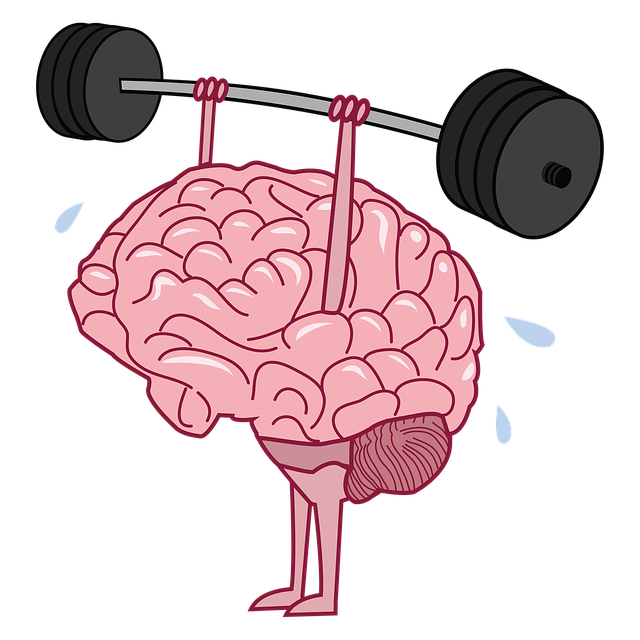Lafayette Parenting Skills Therapy offers comprehensive solutions for parents facing child-rearing challenges. Combining cognitive strategies, behavioral interventions, and mindfulness techniques, it equips parents with evidence-based tools to improve communication, discipline, and family dynamics. By addressing negative thought patterns, teaching self-regulation skills, and promoting mental health awareness, Lafayette Parenting Skills Therapy fosters healthier parent-child relationships and empowers individuals to navigate stressful environments effectively.
Mood regulation is a vital skill, especially within the context of Lafayette Parenting Skills therapy. This article explores various strategies to help individuals—from parents to anyone seeking emotional well-being—master their moods and foster positive mental health. We delve into cognitive strategies for navigating emotional landscapes, behavioral interventions to shape habits, and mindfulness techniques for finding calm amidst turmoil. Understanding these foundations empowers individuals to approach emotional challenges with confidence.
- Understanding Mood Regulation: The Foundation of Lafayette Parenting Skills
- Cognitive Strategies: Tools for Navigating Emotional Landscapes
- Behavioral Interventions: Shaping Positive Habits and Routines
- Mindfulness and Relaxation Techniques: Finding Calm in the Storm
Understanding Mood Regulation: The Foundation of Lafayette Parenting Skills

Cognitive Strategies: Tools for Navigating Emotional Landscapes

Cognitive strategies play a pivotal role in navigating emotional landscapes, especially for parents seeking to enhance their parenting skills through therapy in Lafayette. These techniques empower individuals to recognize and challenge negative thought patterns that can significantly impact mood regulation. By understanding cognitive distortions, such as all-or-nothing thinking or catastrophizing, one can begin to reshape their perspective and promote healthier emotional responses.
Through various therapy methods, parents learn to employ emotional well-being promotion techniques like reframing thoughts, practicing mindfulness, and using positive affirmations. Resilience building and confidence boosting are fostered by these strategies, enabling individuals to navigate challenging situations with greater equanimity. This cognitive approach not only enhances overall emotional well-being but also provides valuable tools for effective parenting in stressful environments.
Behavioral Interventions: Shaping Positive Habits and Routines

Behavioral interventions play a crucial role in mood regulation strategies, particularly when it comes to shaping positive habits and routines. Lafayette Parenting Skills Therapy offers evidence-based techniques that help individuals and families establish structured daily rituals, promoting emotional well-being. Through consistent practices, such as regular exercise, mindful eating, and effective sleep hygiene, clients learn to manage their moods proactively. These behavioral strategies not only enhance self-regulation but also foster a sense of control over one’s life, which is essential for maintaining mental health.
In the context of a comprehensive therapy approach, social skills training and cultural sensitivity in mental healthcare practice can further enrich these interventions. Mental health professionals conduct thorough risk assessments to identify individuals at risk and tailor their strategies accordingly. By integrating these diverse techniques, therapists enable clients to develop robust coping mechanisms that cater to their unique backgrounds and needs, ultimately leading to improved mood regulation and overall mental resilience.
Mindfulness and Relaxation Techniques: Finding Calm in the Storm

In today’s fast-paced world, where stress and anxiety can feel all-encompassing, mindfulness and relaxation techniques offer a lifeline for those seeking to regulate their moods effectively. Lafayette Parenting Skills Therapy recognizes the profound impact these practices can have on mental health awareness. Through simple yet powerful methods like deep breathing exercises, meditation, and mindful observation, individuals can learn to navigate life’s storms with greater composure.
Integrating such techniques into daily routines empowers people to foster a sense of inner calm, enhance their emotional intelligence, and even prevent depression. Community Outreach Program Implementation initiatives that promote these mindfulness practices can significantly contribute to overall well-being. By teaching these skills, therapy not only equips individuals but also creates a ripple effect, positively influencing their communities and fostering a culture of resilience and mental health proactive care.
Incorporating various mood regulation strategies, such as those rooted in Lafayette Parenting Skills therapy, offers a holistic approach to emotional well-being. By combining cognitive tools, behavioral interventions, and mindfulness practices, individuals and parents can effectively navigate and manage their emotional landscapes. These strategies empower folks to foster positive habits, cultivate calm, and enhance overall resilience, ultimately leading to a more balanced and fulfilling life.









